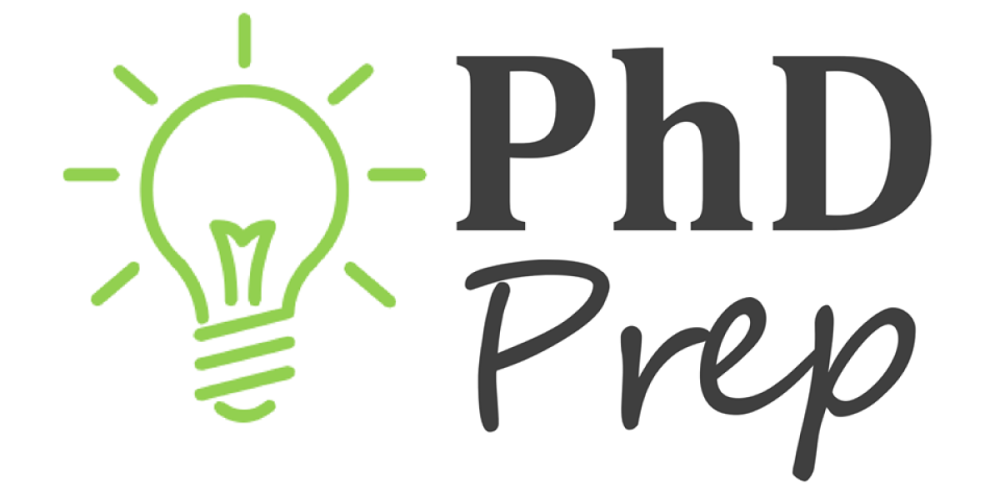IRACDA 2017
by Anthony C. Hood. PhD
I spent a good part of the day leading strategic planning sessions for institutional leaders of the IRACDA Program (Institutional Research and Academic Career Development Award), an initiative of the NIH (National Institutes of Health). I was invited to assist IRACDA program directors and evaluators with developing more innovative ways to increase collaboration, shared vision and standardization across host and partner institutions. It was a lot to cover in only a few hours, but I believe we made some good progress.
As noted on one of the websites of the NIH: “The purpose of the IRACDA Program is to develop a group of highly trained biomedical scientists to address the Nation’s biomedical workforce needs. The strategy is to promote effective partnerships between research-intensive institutions (RII) and partner institutions that have a historical mission or a demonstrated commitment to educating students from backgrounds underrepresented in the biomedical research enterprise of the nation. The IRACDA program provides support for a traditional mentored postdoctoral research experience at an RII combined with an opportunity for these fellows to develop critical academic skills, including teaching, through workshops and mentored teaching assignments at a partner institution. The primary goals of the IRACDA program are to (1) develop a group of highly trained biomedical scientists who have the necessary knowledge and skills to pursue independent research and teaching careers in academia; and (2) enhance science educational offerings at partner institutions, and promote links between RII and the partner institution(s) through research and teaching collaborations.”
Here are a few photos:
Dr. Anthony C. Hood is the founder of the #phdpreplab, a applied research startup that offers coaching, experience, mentoring and peer support to professionals working to get into and through doctoral programs. For more info, follow us on Instagram or Facebook; visit our soon to be launched blog; or read our white paper: Preparing for a PhD: A Transactive Memory Approach, forthcoming in the Journal of Higher Education Theory and Practice.
#inclusiveinnovation #diversity #equity #mentoring #phdpreplab #strategicplanning #innovatebham #NIH #postdocs














